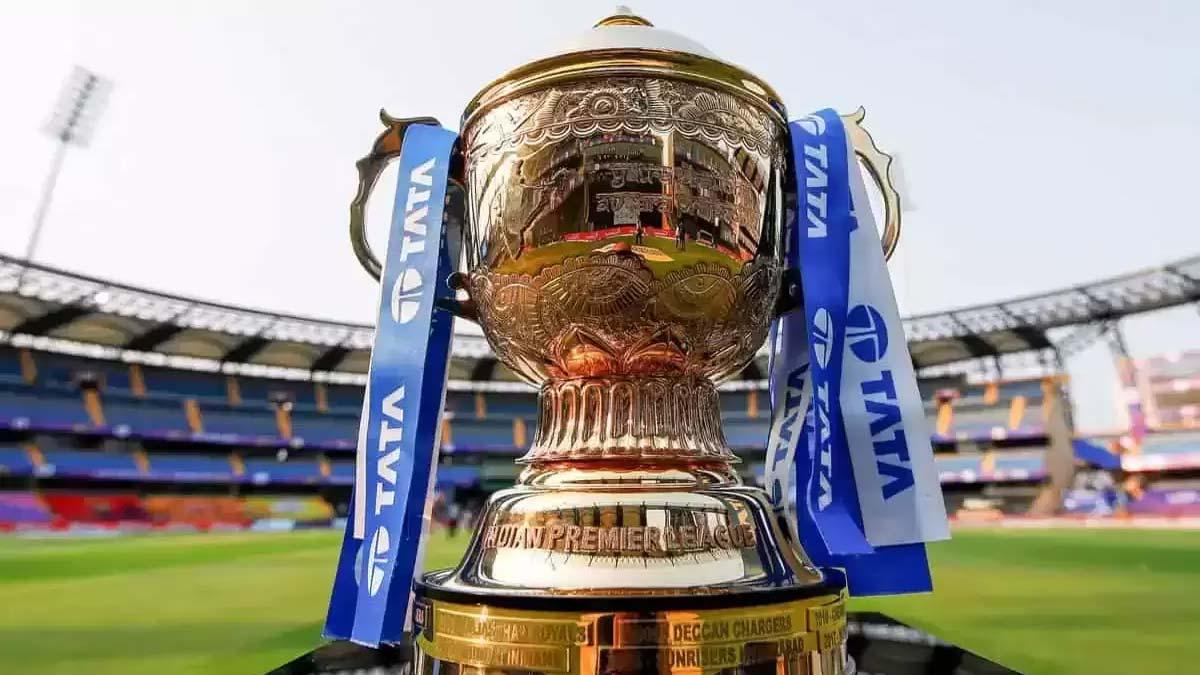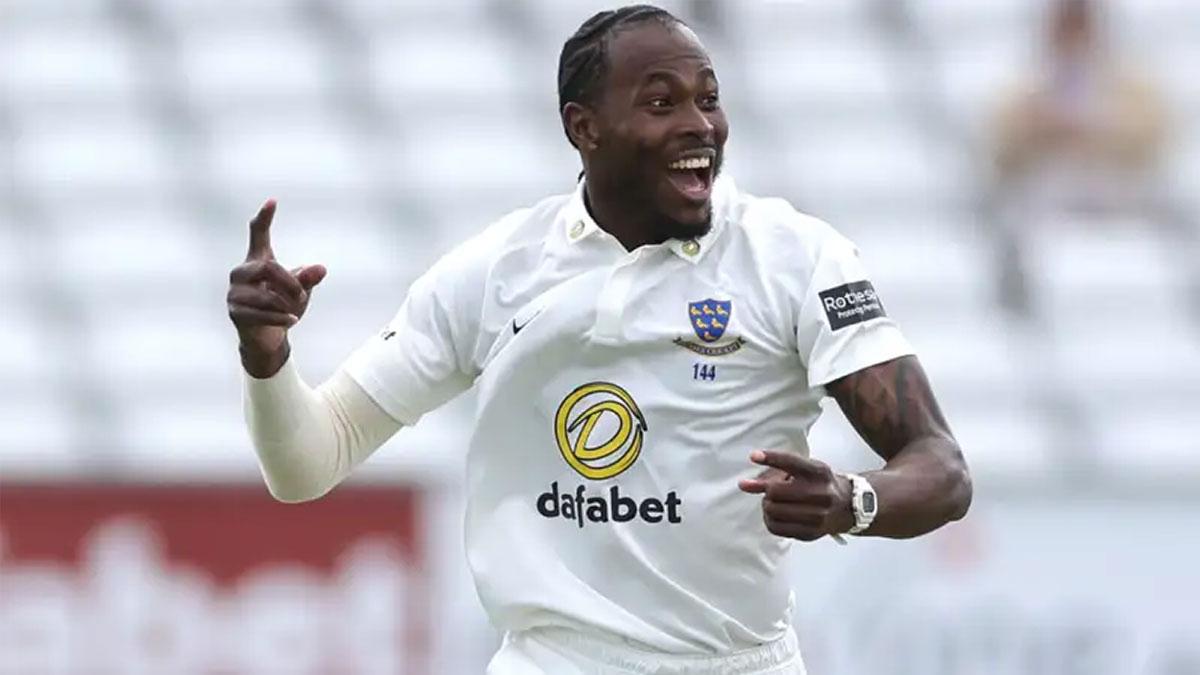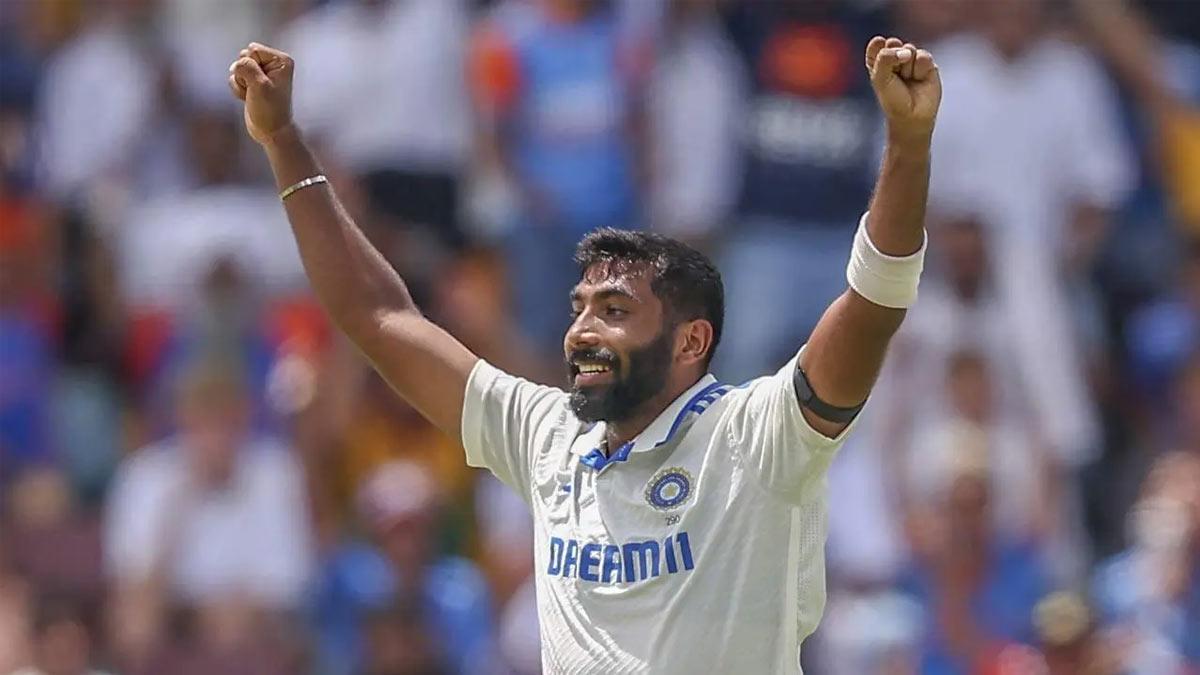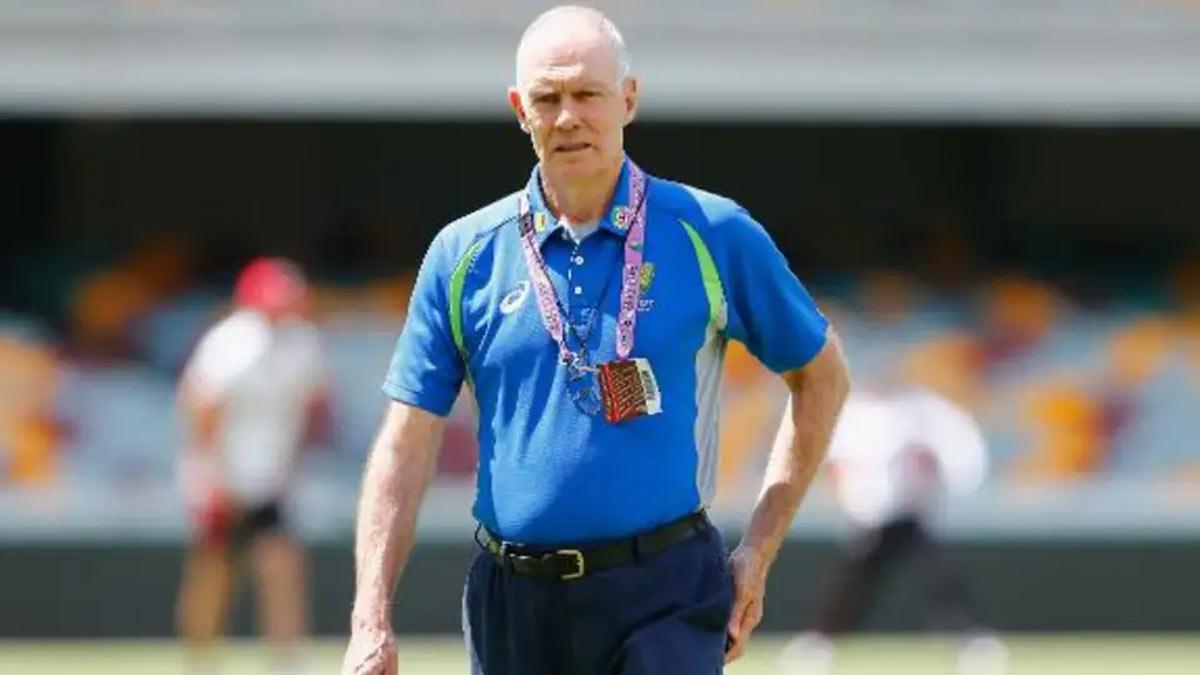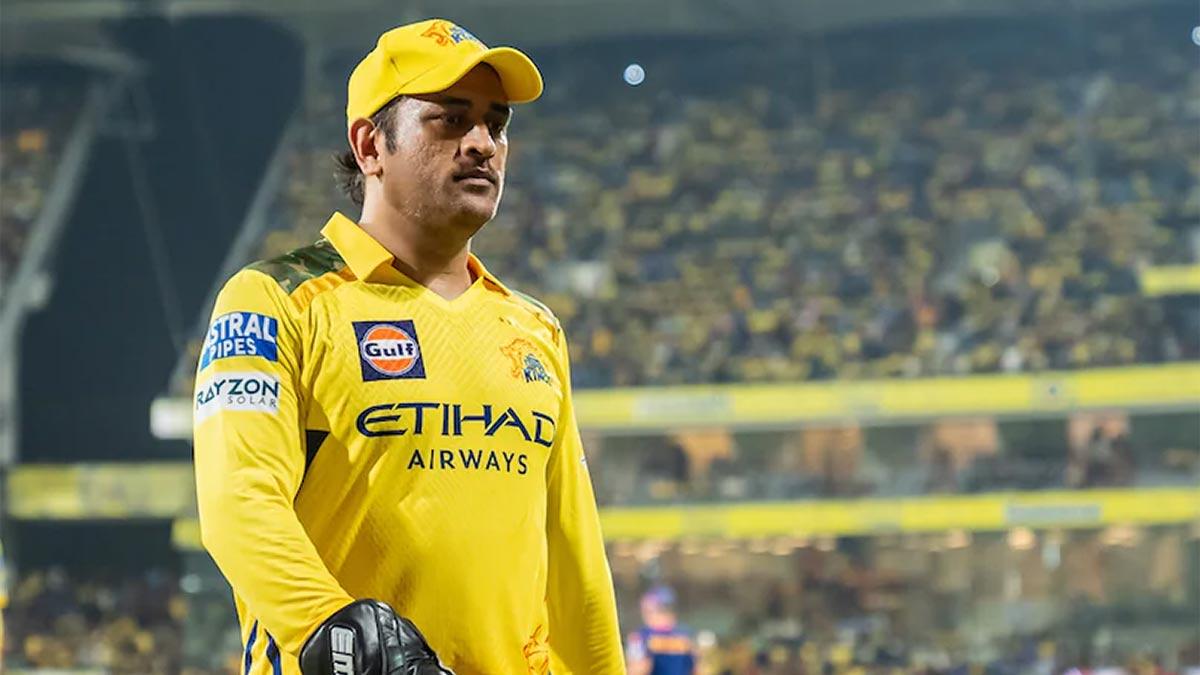Turning 18 means becoming an adult, having the autonomy to make one's own choices, and taking on new responsibilities that accompany life. It's a milestone for parents that comes with a wave of nostalgia as they can't help but wonder at how fast their child has matured from a baby to a young adult.
So also is the case with the Indian Premier League (IPL), which started back in 2008, about to reach its own milestone—its 18th season, which is set to get underway with a high-pressure match between Kolkata Knight Riders and Royal Challengers Bangalore at Eden Gardens.
The tournament, just like maturity, has also changed immensely since its inception, becoming an intrinsic part of the cricketing community. Still, there's always the danger of the season opener being rainout.
As with all new seasons, there is much to look forward to in terms of the changes: the addition of a second new ball for night games, the lifting of the ban on saliva to enable the ball to be shone by bowlers, the application of DRS to high and off-side wides, and the ever-contentious role of the impact player, which remains a source of controversy.
Observing the growth and success of the IPL presents an interesting tale of how it's been able to combine sports, entertainment, and business and yet have each retain its individual identity. The three elements have coexisted in a mutually beneficial relationship where one has not dominated the other. Furthermore, the impact of the IPL has spilled over into other Indian sports and internationally, transforming the face of cricket.
From the time of its launch in 2008, the Indian Premier League (IPL) has transformed the sport of cricket in India and internationally by marrying sport and entertainment and building a well-known brand," says Siddharth Raman, CEO at Sportz Interactive.
That IPL can sustain seasons, change in governments, financial downturns, and even a pandemic is creditable. What began as a summer activity has now become a part of the cultural landscape of India. From informal discussions in schools and colleges to debates in local communities, the IPL has become a subject of common interest. Individuals tend to argue about which team will emerge victorious, discuss the strength of every team, and track the emergence of unknown players who leave their mark on the tournament.
The cultural influence of the IPL is so immense that big-budget films steer clear of releasing during the tournament's time, aware that the IPL sweeps the prime time slot. TV producers keenly observe the oscillating TRPs, with the daily games of the IPL actually substituting for conventional soap operas for three months every year.
"Prime-time matches of the IPL have attracted huge viewership, at times beating even regular TV programmes and affecting cinema-going numbers during the season. The popularity of the league has encouraged broadcasters and streaming services to innovate, providing interactive and immersive viewing experiences to hold on to and expand their audience base," Raman adds.
The brand value of the IPL has increased manifold, from $2 billion in 2009 to a whopping $12 billion in 2024. Four teams—Chennai Super Kings, Mumbai Indians, Royal Challengers Bangalore, and Kolkata Knight Riders—have each got a brand valuation of $100 million. The media rights of the league, now owned by JioStar for television and digital, have registered a steep increase, adding to a business enterprise value of $15.4 billion, an 80% increase from 2022.
This season also brings intrigue with a host of changes to team captains and coaching staff. Seven teams will start with new captains, including Riyan Parag for Rajasthan Royals, Suryakumar Yadav for Mumbai Indians, Rajat Patidar for Royal Challengers Bangalore, Axar Patel for Delhi Capitals, and Shreyas Iyer for Punjab Kings. Champions Kolkata Knight Riders will be captained by Ajinkya Rahane, and Lucknow Super Giants will be led by Rishabh Pant, the costliest player in IPL at Rs 27 crore.
The season of IPL 2025 might be decisive for some players, such as Pant, Iyer, Shubman Gill, and KL Rahul, who are likely to strengthen themselves within the national T20I side after stretches of unavailability. The T20 World Cup co-hosted by India and Sri Lanka in the next year creates another level of expectation. An impressive performance in the IPL might highly increase their chances of being picked.
Pant, Iyer, and Gill will also be looking to demonstrate their leadership qualities, setting themselves up for future Indian team roles, while Rahul will be looking to impress the selectors with his batting. The battle for places in the limited-overs top order is still intense, with Sanju Samson, Abhishek Sharma, and Yashasvi Jaiswal all competing for a spot.
In the bowling section, Mohammed Siraj, Arshdeep Singh, and Harshit Rana will be looking to sustain their positive trend and leave their doubts behind by making an impact in all three formats.
The coaching front has also changed, with known names Ricky Ponting, Hemang Badani, and Rahul Dravid now leading teams. Kevin Pietersen and Dwayne Bravo also return as mentor to Delhi Capitals and Kolkata Knight Riders, respectively.
The IPL remains an economic powerhouse, with its three-month span injecting considerable stimulus into numerous industries, such as tourism, hospitality, merchandising, fantasy gaming, and others. The tournament creates over 1.2 million direct and indirect employment opportunities in India, which contributes to a 35% increase in the recruitment of hospitality and tourism staff. The need for digital fan engagement has also generated new avenues in technology, with opportunities for developers, designers, and data analysts.
"The IPL is a significant economic driver, powering consistent job creation across a variety of sectors," Raman says.
Although the IPL has attracted its own share of criticism over the years—particularly from those who say it undermines conventional cricketing principles—the league has been an unmitigated success, revolutionizing the sport and its international popularity. Its impact is now being felt beyond cricket, with its template being used as a model by other Indian sports.
As the IPL enters its 18th season, it marks a significant milestone in its journey. While 18 years may not seem like a long time in the grand scheme of things, the IPL has seen its fair share of twists and turns, some of which many adults may not have experienced in their own lifetimes.
When the 2025 season is up and running, there will be even more to be learned, not only for the players, coaches, and pundits, but for anyone involved with the league in any way. As the IPL celebrates its 18th birthday, its transformation and influence on the game of cricket, and the world at large, will further define the sport's future for generations to come.
Read also| Mumbai Court Grants Mutual Consent Divorce to Yuzvendra Chahal and Dhanashree Verma
Read also| Yuzvendra Chahal's Divorce Plea Fast-Tracked, HC Waives 6-Month Cooling Period

